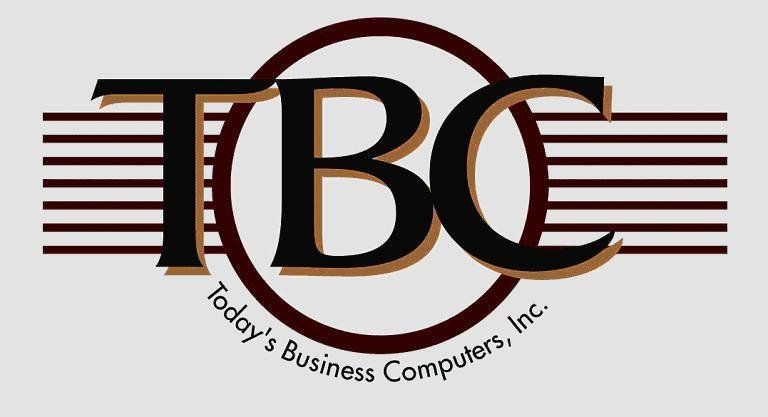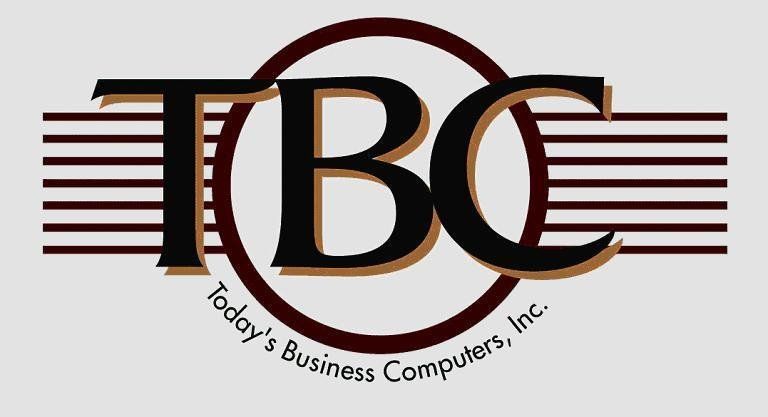Should Your Small Business Use Managed IT Services?

Organizations with no IT staff, or that want personnel to be free for other duties, can turn to managed services to monitor their IT infrastructure.
- Outsourcing IT tasks to managed service providers helps companies focus on running the business instead of troubleshooting tech problems.
- Managed service providers maintain networks and perform necessary updates to keep the system running smoothly. They also make recommendations to optimize the network.
- Managed services are costly but may save a business money because they help you avoid serious tech issues.
Your employees can’t work if your technology isn’t working. Many small businesses hire a dedicated IT manager, but that’s not always the best answer. Managed service providers (MSPs) are an increasingly popular option for small businesses. Considering outsourcing your IT tasks? Here’s everything you should know about MSPs.
What Are Managed Services?
Managed services are available for small businesses looking into outsourcing options for their IT needs. Managed service providers support your company’s technology for a monthly flat fee. They proactively monitor a business’s network, minimize IT problems, and troubleshoot any issues that come up on the network.
With advancements in cloud computing, most IT work is available for outsourcing. The managed service provider remotely accesses networks and deploys solutions for any computing issues without being in-house.
Managed service providers present contracts to clients to detail what services they include. Contracts also list service start and end dates. Outsourcing solutions available through vendors could include:
- Mobile device management
- Software as a service (SaaS)
- Platform as a service
- Help desk services
- Implementing the best cloud backup and storage solutions
Most managed service providers promote all-inclusive packages with unlimited IT resources while hired, including day-to-day network management.
Why Does A Business Need Managed IT Services?
Businesses need managed service providers because they negate risks. Instead of outsourcing IT when a problem occurs, managed services allow consistent network monitoring. Also, a managed service provider handles all updating and maintenance tasks. This allows managers to focus on their businesses instead of worrying about the company’s IT functionality.
A prospective managed service provider should also evaluate current and future IT needs. The MSP advises on what products and services a business should implement over the next year.
Benefits of using an MSP include the following:
- An MSP is a proactive solution. If an MSP operates effectively, it should prevent technical issues from occurring. It constantly monitors IT elements like hardware, applications, security, technology trends, and the internet and notifies you when there’s an issue or abnormality. The MSP may recommend that you upgrade technology to boost productivity. Ultimately, you’re paying for someone to keep your business from having issues instead of fixing them.
- An MSP may provide technology. With certain plans, the MSP provides all the technology for your business, such as workstations, servers, and software. While this service is expensive, it means you won’t have capital expenditures for the technology, allowing your business to focus its capital in other areas, which is always beneficial.
- MSPs provide tech expertise. If a business uses one computer person for all things IT, chances are they’re not an expert in all areas. They may be good at troubleshooting Microsoft Word, but what happens when your router stops functioning? In contrast, MSPs usually have skilled personnel dedicated to every IT function. This usually means they’re better equipped all around.
- MSPs offer business continuity. As a business owner, do you ponder how you would go about restoring all your systems and data in the event of a disaster? If not, you should. This is an area where an MSP can help you tremendously. A good MSP can create an efficient disaster recovery plan that will help you sleep at night, knowing that if disaster strikes, your business can endure it. This is particularly important as cybersecurity risks, such as ransomware attacks, become more prevalent.
Deciding if you need an MSP
Small business owners must weigh several factors when deciding to work with an MSP. For some, an MSP’s costs may be prohibitive. Similarly, bringing on an MSP may be unnecessary if the business already has a fleshed-out IT team.
However, if you find your business frequently leaning on IT support or you’re spending too much time trying to fix technical issues yourself, an MSP may be an ideal solution.











